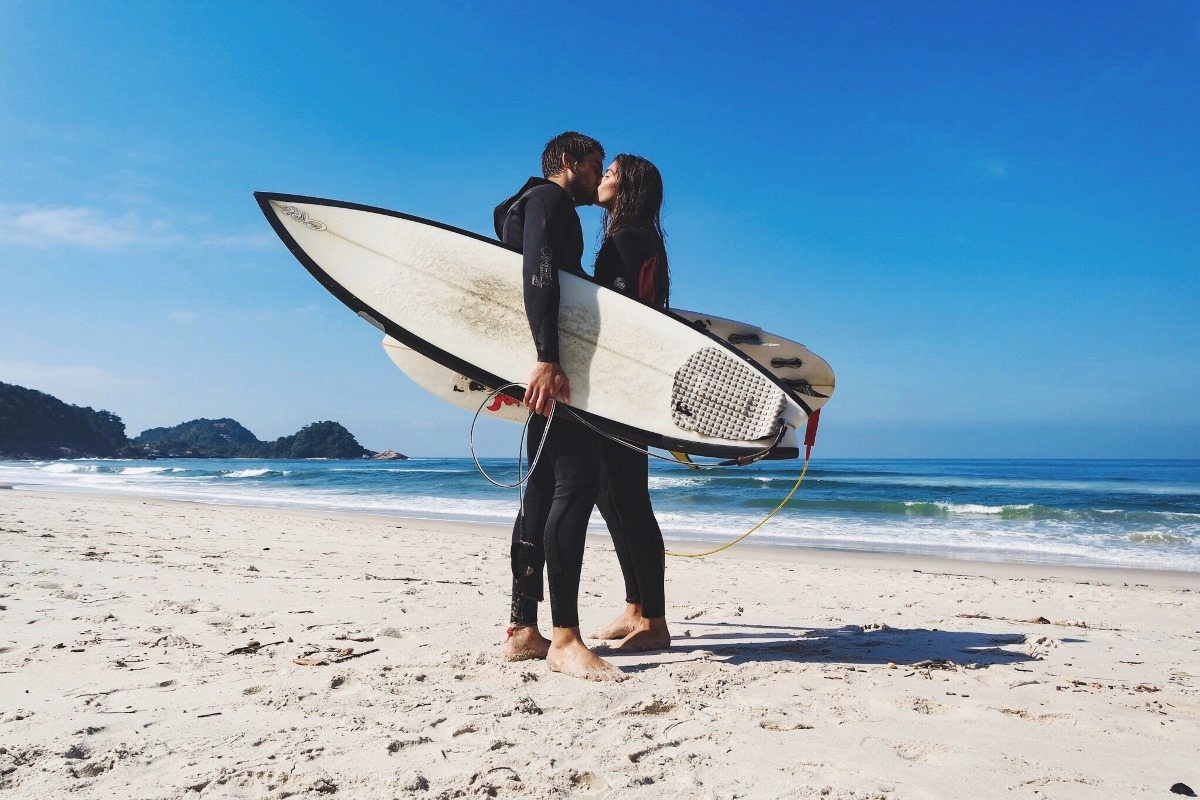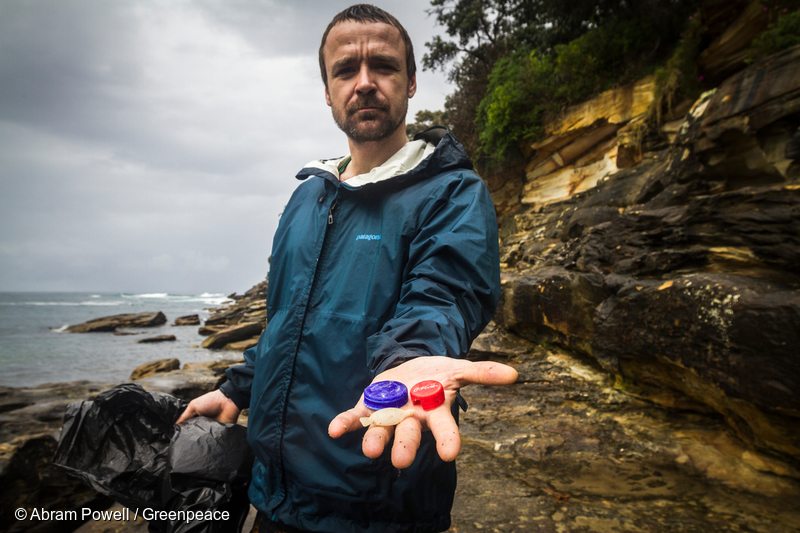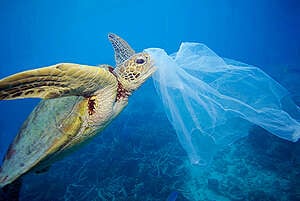
Australia is home to some of the most stunning beaches in the world – white sand, long stretches of coastline and breathtaking backdrops. But when you’re daydreaming of the Great Ocean Road or Bondi Beach, do you include floating plastic debris in your picture-perfect visions?
We’d guess not. Yet this is the reality of ocean pollution in Australian beaches today.

How bad is Australian ocean pollution?
Consider this: research has concluded that Australia alone contributes 13,888 tonnes of litter into the oceans annually. The study, conducted by Australian and US researchers, took one of the most in-depth looks to date at plastic waste in our oceans and the findings were alarming.
In 2010 alone, 8 million tonnes of plastic waste across the globe entered our oceans. When plastic makes its way into our oceans, it can cause injuries and even fatalities to fish, marine mammals and seabirds.
How can you reduce ocean pollution in Australia?
The good news is, there are actions you can take to put an end to ocean pollution – simple lifestyle changes that will not only improve the health of our oceans today, but for generations to come.
1. Make single-use plastic items a no-go
One of the most direct actions you can take in fighting ocean pollution is to reduce the amount of plastic you use in everyday life. A huge source of waste comes from single-use plastic items. This includes straws, water bottles, grocery bags, take-out containers and the like. Anything that is used once and then thrown away can always be replaced by a reusable equivalent.
2. Ditch the microbeads
You know those cute little beads in your exfoliating face wash? Cute may not be your word of choice when you hear about their environmental impact. Microbeads are non-biodegradable plastic particles, so when they travel through our sewer systems into our oceans, they add to the amount of plastic in our marine environment. These microbeads are then consumed by marine life, harming the entire ecosystem.
In fact, they can even make their way into our food chain – because microbeads don’t degrade, they can end up in the food sitting on our dinner plates. By swapping out your products with microbeads for natural options (oatmeal scrubs, sea salt alternatives, etc.) you can achieve your beauty goals while helping reduce pollution – sounds like a win-win to us.
3. Join (or create) community cleans ups
Whether it’s a full-blown neighbourhood effort or just you and your friends heading over to the beach on a sunny day, taking the time to pick up plastic and other waste left by the oceanfront has a direct effect on clearing our oceans. Lots of communities already have events dedicated to cleaning up, so do some research and see if you can tag along or start up the inaugural event! Bonus: You can go for a swim afterwards!
4. Work with the Greenpeace team
Our global teams work hard to find impactful ways to stop the pollution that is destroying our oceans and their wildlife. Together, we can reduce the massive amounts of waste that enter our oceans every day – from taking on big oil and reducing the amount of spills in our oceans, to helping you find realistic ways to curb plastic pollution.
Change can only truly be made when everyday people choose to take part. Whether it’s by buying a reusable plastic water bottle or heading over to the beach and cleaning up where we can, it’s these small actions that can make a huge impact.


